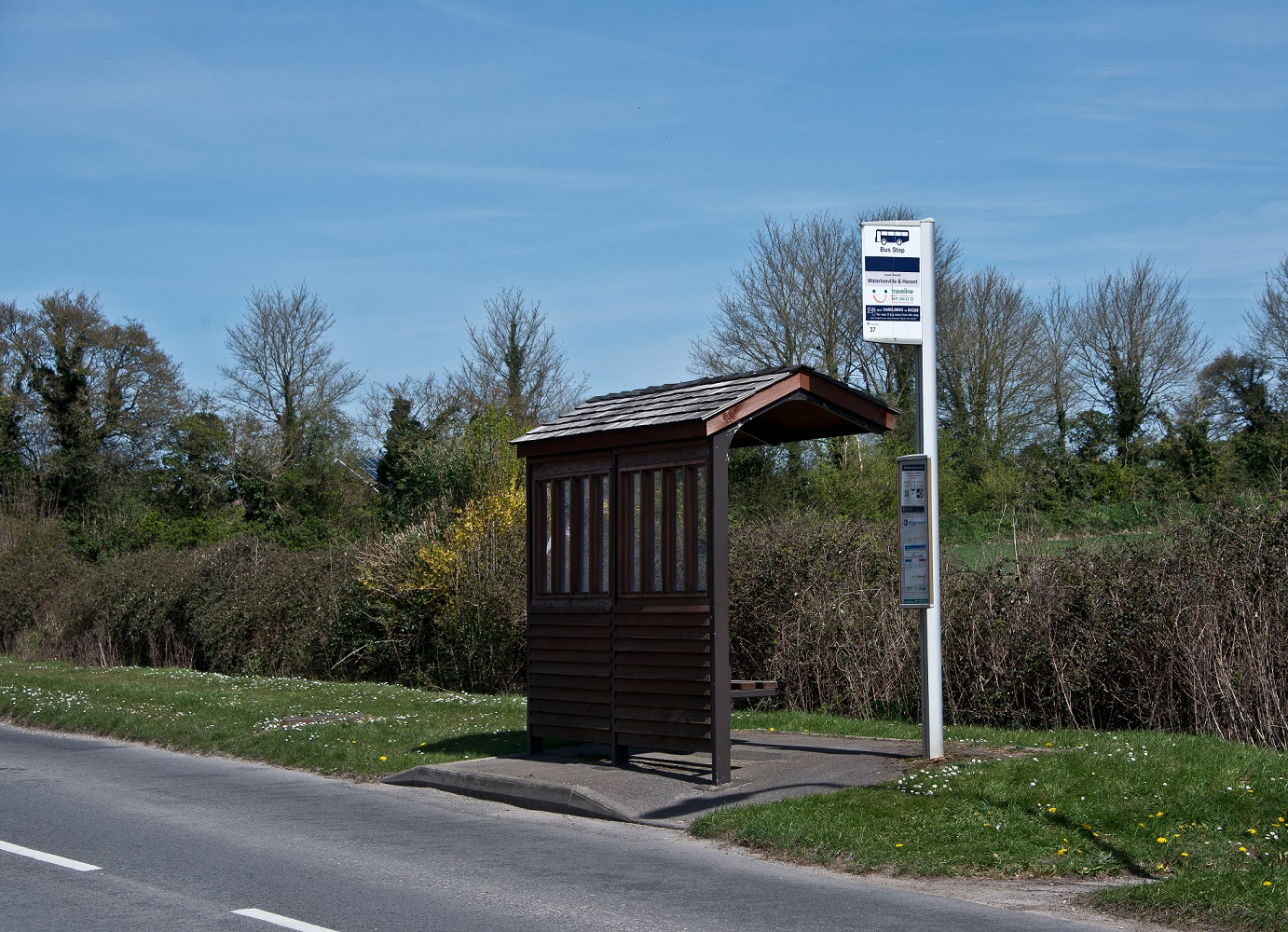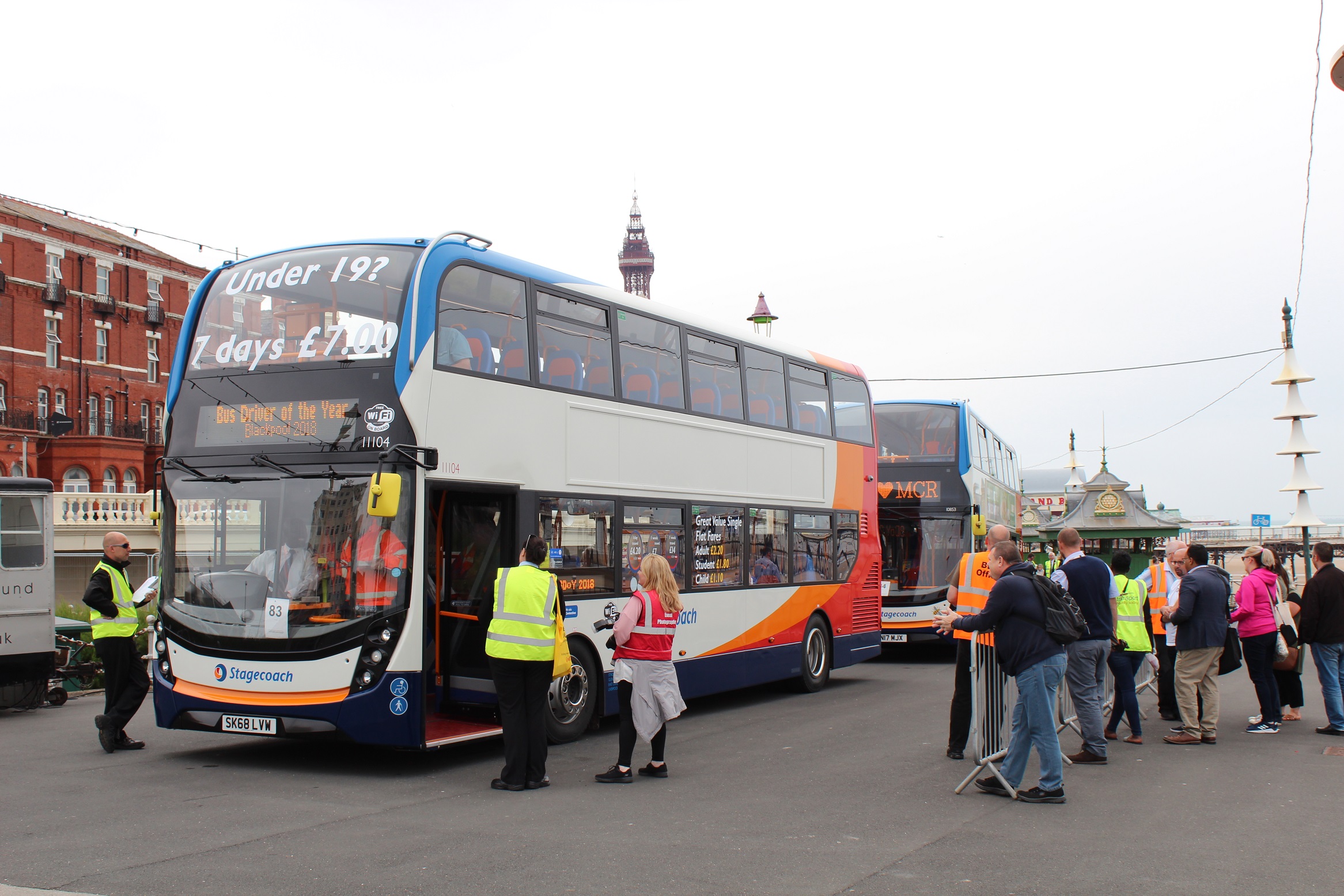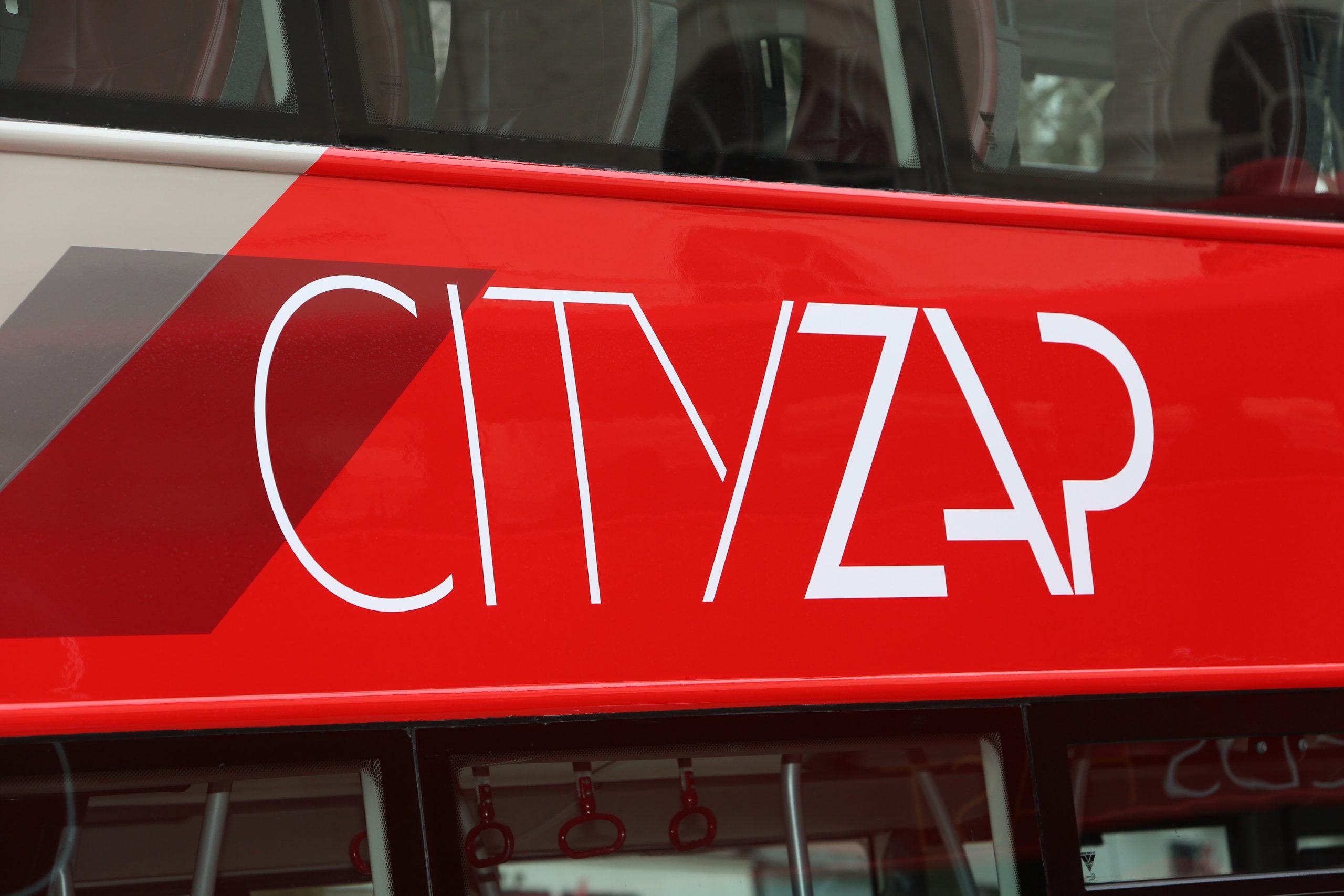A new approach to public transport in rural areas involving long-term funding is needed if connectivity currently provided by buses in those locations is to be protected, Stagecoach East has said.
The operator claims that while it has “pumped millions of pounds of company money” into rural services in Bedfordshire and Cambridgeshire against a backdrop of reducing patronage and rising costs, a change in strategy is now needed.
It is thus seeking a rural connectivity summit involving local authority representatives, councillors, service users, business groups and bus operators to identify “new transport solutions” across some rural parts of those counties. The operator is “fully committed” to playing its part in any such discussions, it says.
Managing Director Darren Roe made the call a day after Stagecoach East announced that 18 routes will be withdrawn in October owing to a combination of financial losses and no perceived chance of building them into a sustainable position for when Bus Recovery Grant (BRG) funding ends in 2023.
Mr Roe says that “an open and honest debate about the financial realities and what innovative solutions may be possible” is required, and that traditional fixed-route services operated with buses “are no longer a financially viable solution” for public transport provision in some rural parts of Bedfordshire and Cambridgeshire.
“Not only is it becoming unviable for these areas, but it also threatens the long-term sustainability of the wider bus network and the investment we are making in new battery-electric buses to deliver the region’s net zero ambitions and improve people’s health.” That alternatives to fixed-route services would need public funding is “inevitable,” he adds.
A summit would look to generate solutions that address rising costs and reducing patronage. Stagecoach East adds that its fuel costs are set to rise by 20% and utility outgoings by over 80% over coming months, adding further pressure to finances.
In a hint of what it may view the future of some rural connectivity as, the operator notes that the losses incurred on the 18 routes to be withdrawn have in some cases been “significantly more than taking the same trips by private taxi.”
The operator was criticised when it released details of the service withdrawals, although it also plans to improve some provision on other routes. However, Mr Roe previously pointed out that the work in question is losing an average of £12 per passenger carried, and up to £80 per customer trip in the worst case.
While Mayor of Cambridgeshire and Peterborough Dr Nik Johnson attacked the planned cuts, Stagecoach East says it has held meetings with Cambridgeshire and Peterborough Combined Authority (CPCA) for “several months” to discuss the routes’ financial situation.
Tendering of replacements as per Dr Johnson’s response has begun. A tender notice for 23 routes was issued on the same day as Stagecoach’s revisions were announced publicly for initial five-month contract terms with two 12-month extensions.
Sources in the bus industry have pointed out that the planned end on 31 March 2023 of each of BRG, the £2 capped fare scheme in England outside London and uplifted concessionary fare reimbursement leave the sector facing a major ‘cliff edge’ from that date.



























